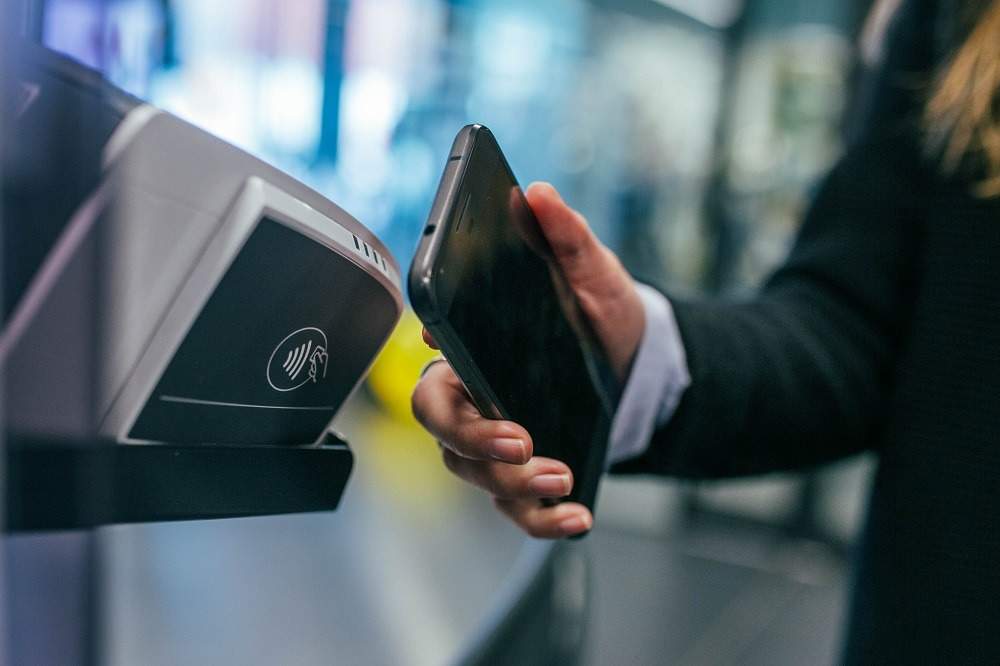
Banks that fail to adapt to new technology risk missing out on their share of $500bn in expected global payment revenue growth over the next five years.
Fee-free and instant transactions offered by a new breed of providers, as well as “invisible” payments enabled by digital wallets, are cutting traditional earnings streams in payments – adding to existing pressure on income from card transactions.
A report published today by Accenture warns as much as 15% of banks’ current payments revenue – representing $280bn – is likely to be displaced by the growing influence of digital tools and competition from financial disruptors.
It is therefore an imperative for banks to embrace new technology and adapt their business models to capture these new channels for revenue.
Accenture global payments lead Gareth Wilson said: “Rather than being at the forefront of the new wave of the booming payments market, banks are feeling the heat from new competition and seeing their margins squeezed.
“We face an inevitable world of instant, invisible and free payments, which spells trouble for banks that don’t want to be relegated to the plumbing of payments.
“But it also presents an opportunity to tap into a new business model based on this digital boom.”
The projection is based on analysis of consumer payment trends and expected changes in merchant behaviour, technology and regulation.
Global payment revenue is expected to reach $2tn by 2025
Revenue from global payments is expected to grow at an annual rate of 5.5% to reach $2tn by 2025, up from $1.5tn today.
But the ways in which financial institutions are able to access this resource are changing as technology sweeps through the industry and changes how people choose to make transactions.
Free payments offered by fintech disruptors pose a risk to 8% of banks’ traditional payments revenue, while virtual wallets put 3.9% at risk, and instant payments – from which lenders make little to no interest – put 2.7% of existing revenue in danger.

This exacerbates declining income from credit and debit card transactions, with “regulation triggering fee compression and technology displacing the role of banks in payments”.
Between 2015 and 2018, revenue from consumer debit card transactions fell almost 15%, while earnings from credit cards dropped almost 12%.
For business credit card transactions, income declined by 33%.
Technology will force to ‘fundamental change’
Accenture banking practice lead Alan McIntyre said: “The digital boom will mean banks have to fundamentally change the way they think about their revenue composition.
“Channels that once made the banks billions of dollars will cease to exist.
“To succeed in the future, banks will need to develop new digital business models at scale, with ‘one-click’ payments the new norm, and set their sights on delivering secure, convenient and frictionless customer experiences.”
The business consultancy surveyed 240 payments executives across 22 countries to conduct its latest research, assessing their response to growing disruption in the market.
Despite the various risks and challenges presented by this digital transformation of the payments landscape, Accenture found industry leaders are aware of the issues and busy developing strategies to help tap into the new revenue streams.
Payments bosses cited artificial intelligence and robotics among the technologies that will help them adapt to the evolving world of digital transactions, and to take a slice of projected revenue growth.






